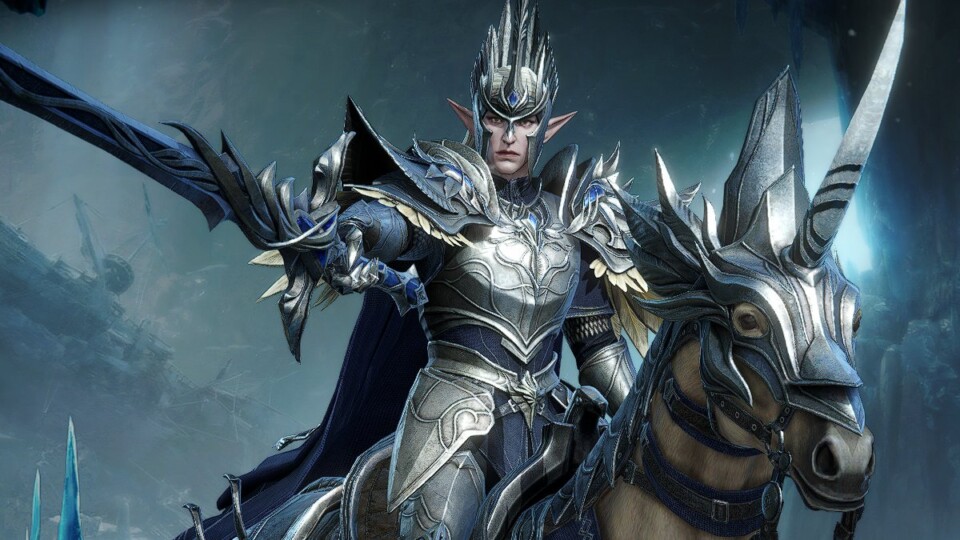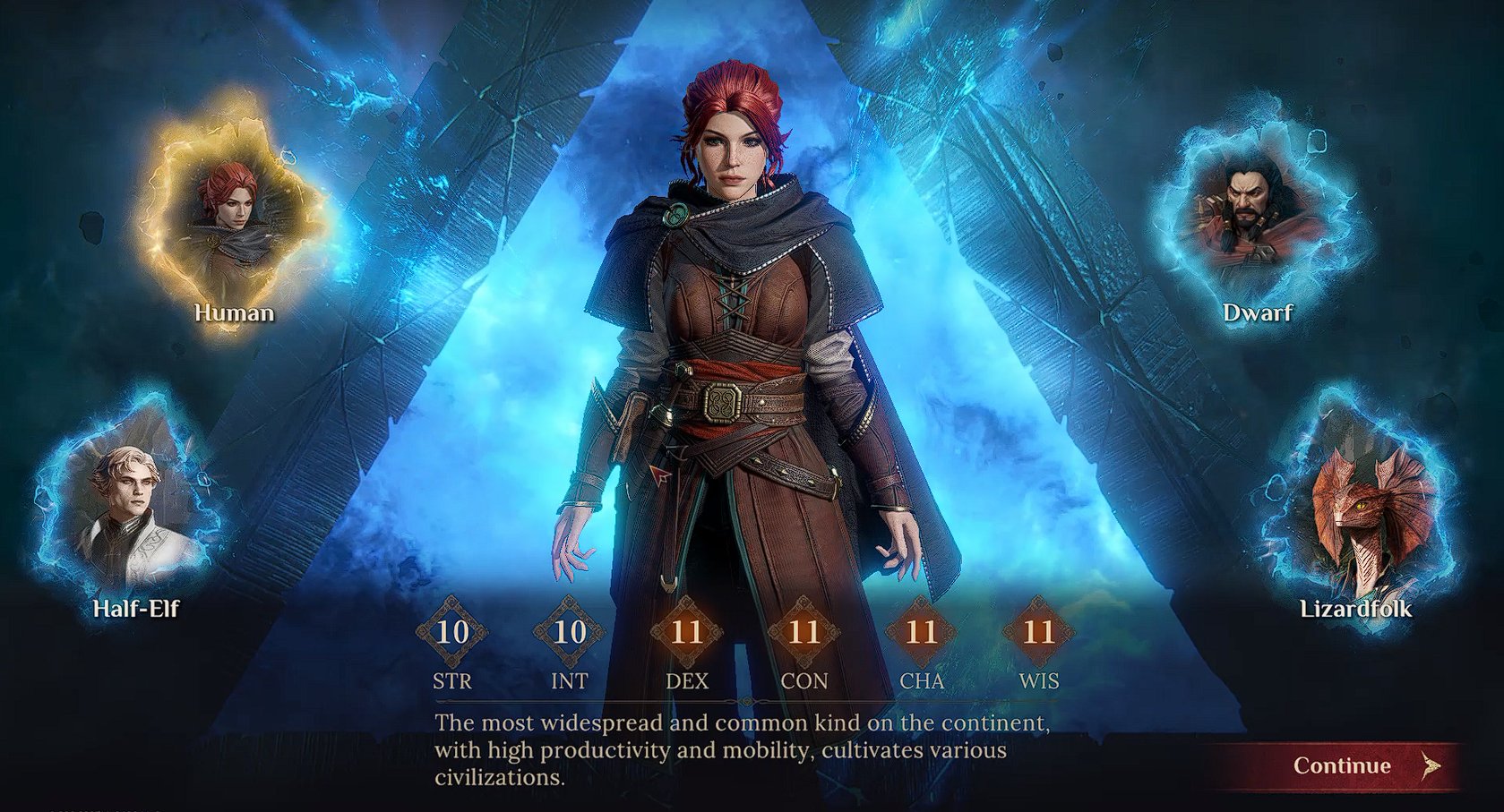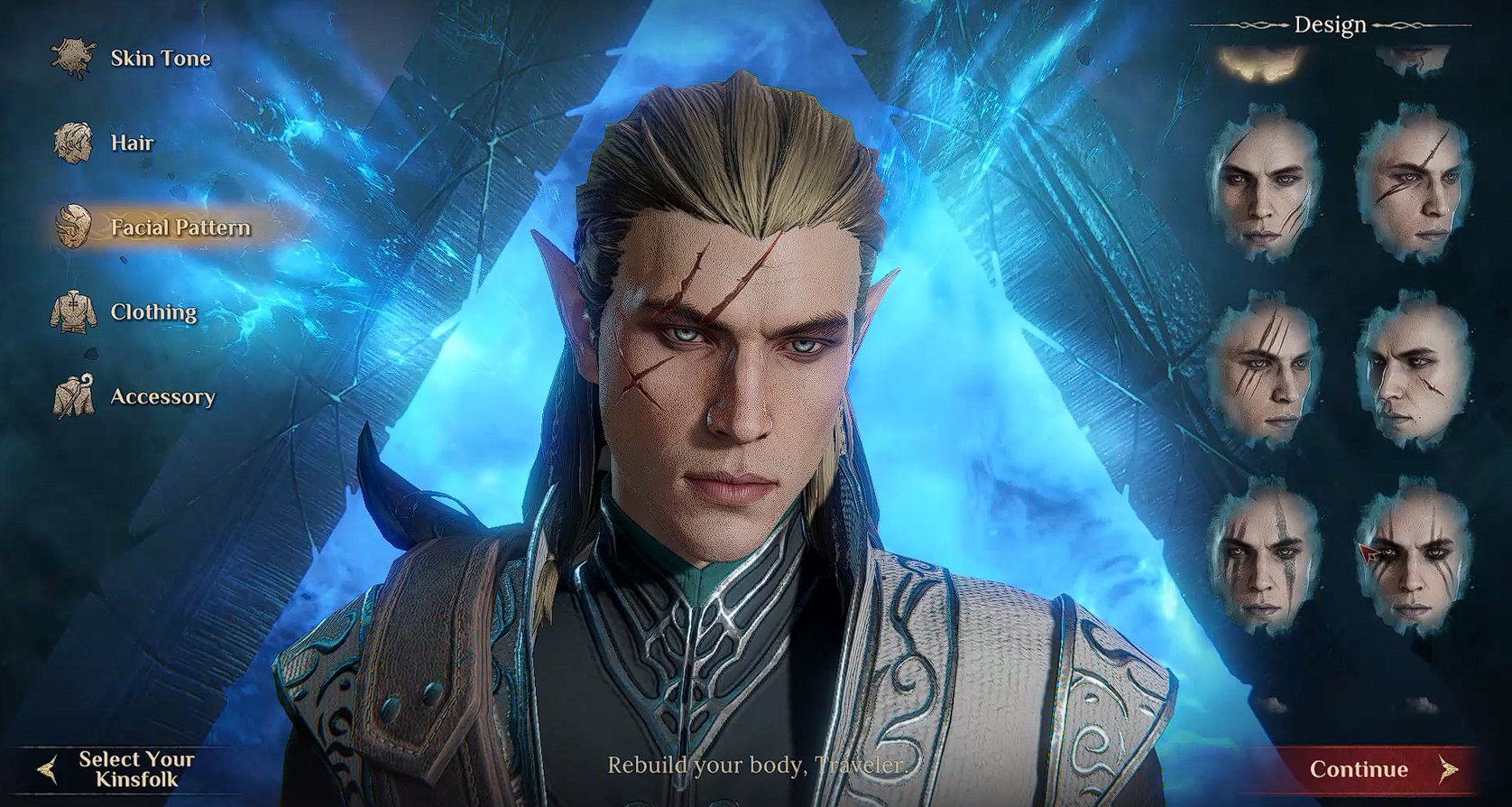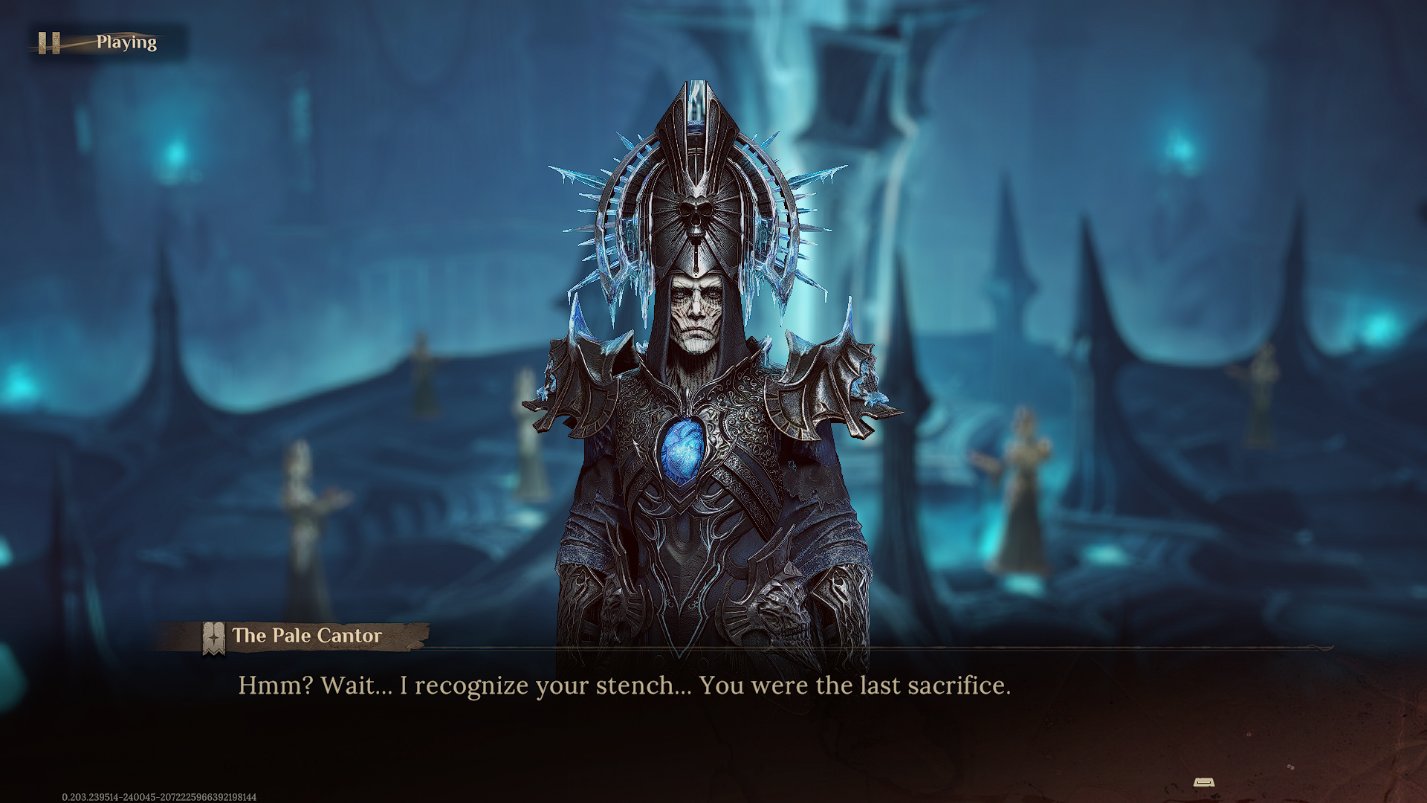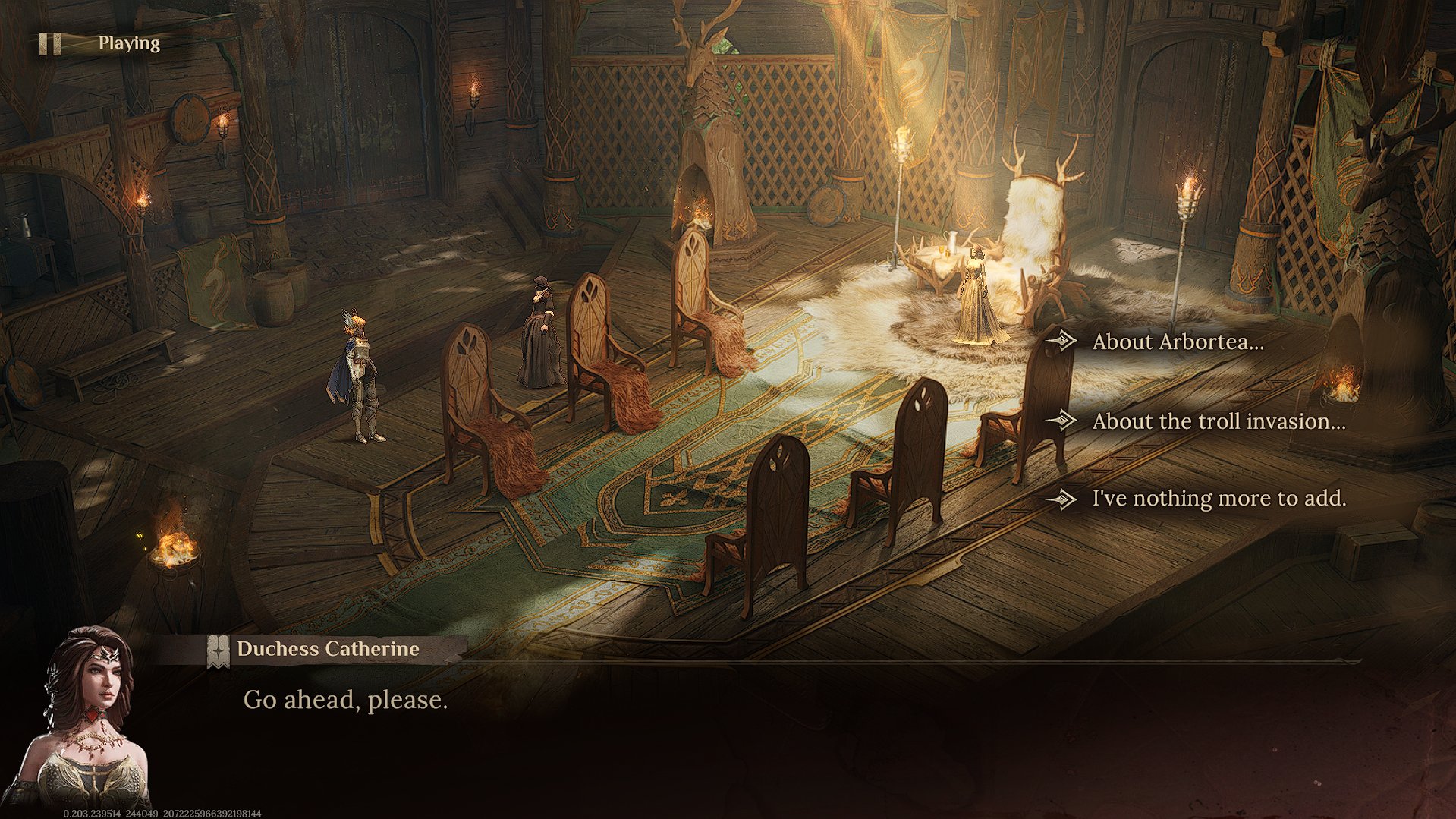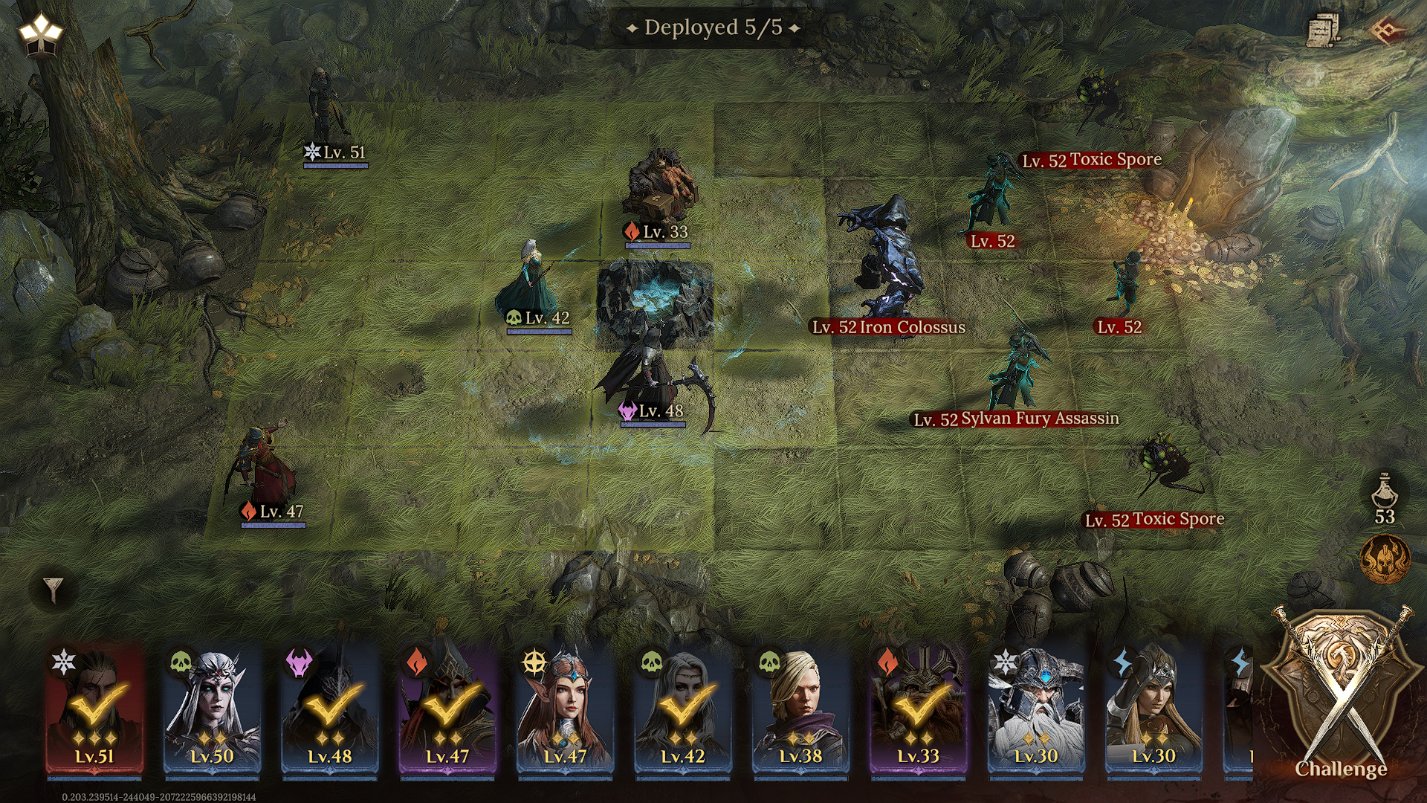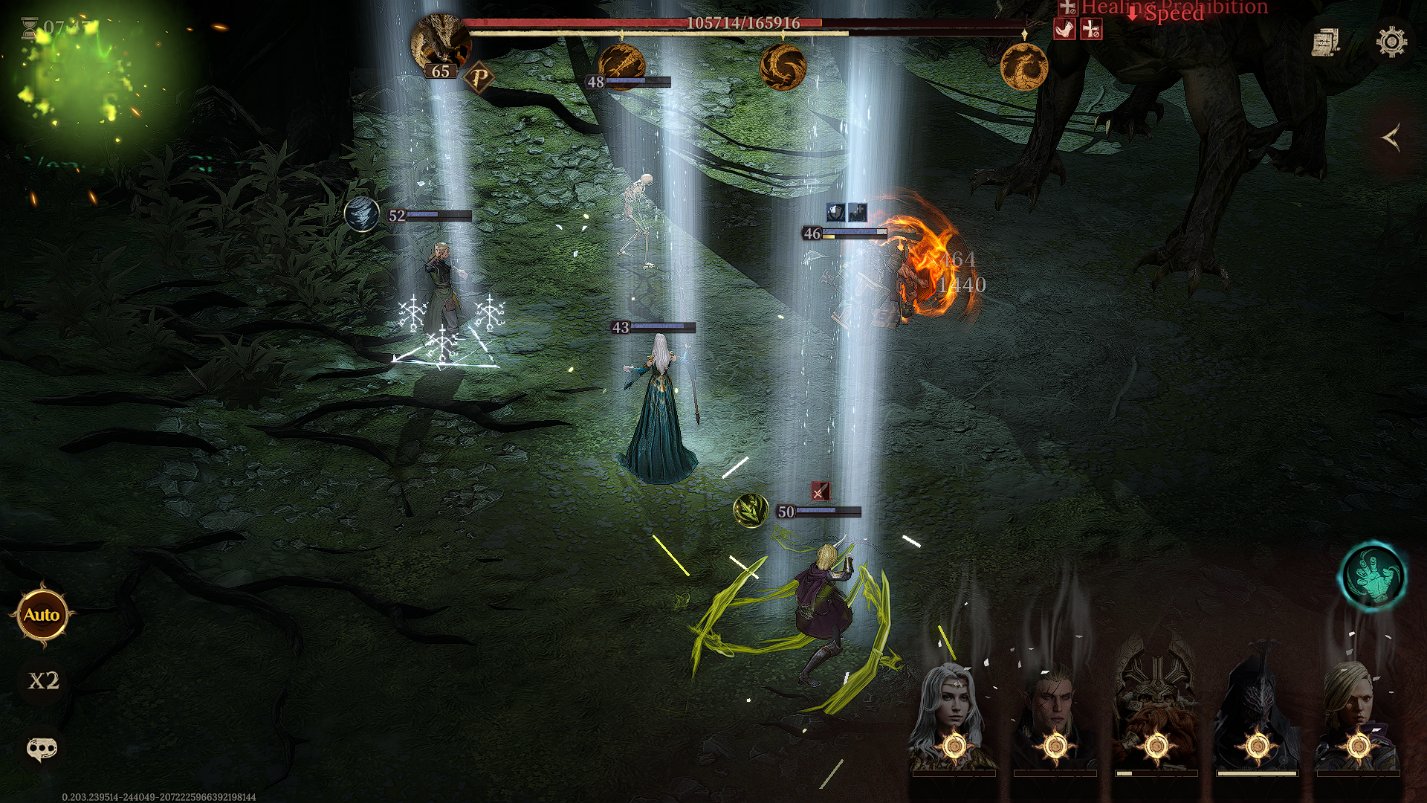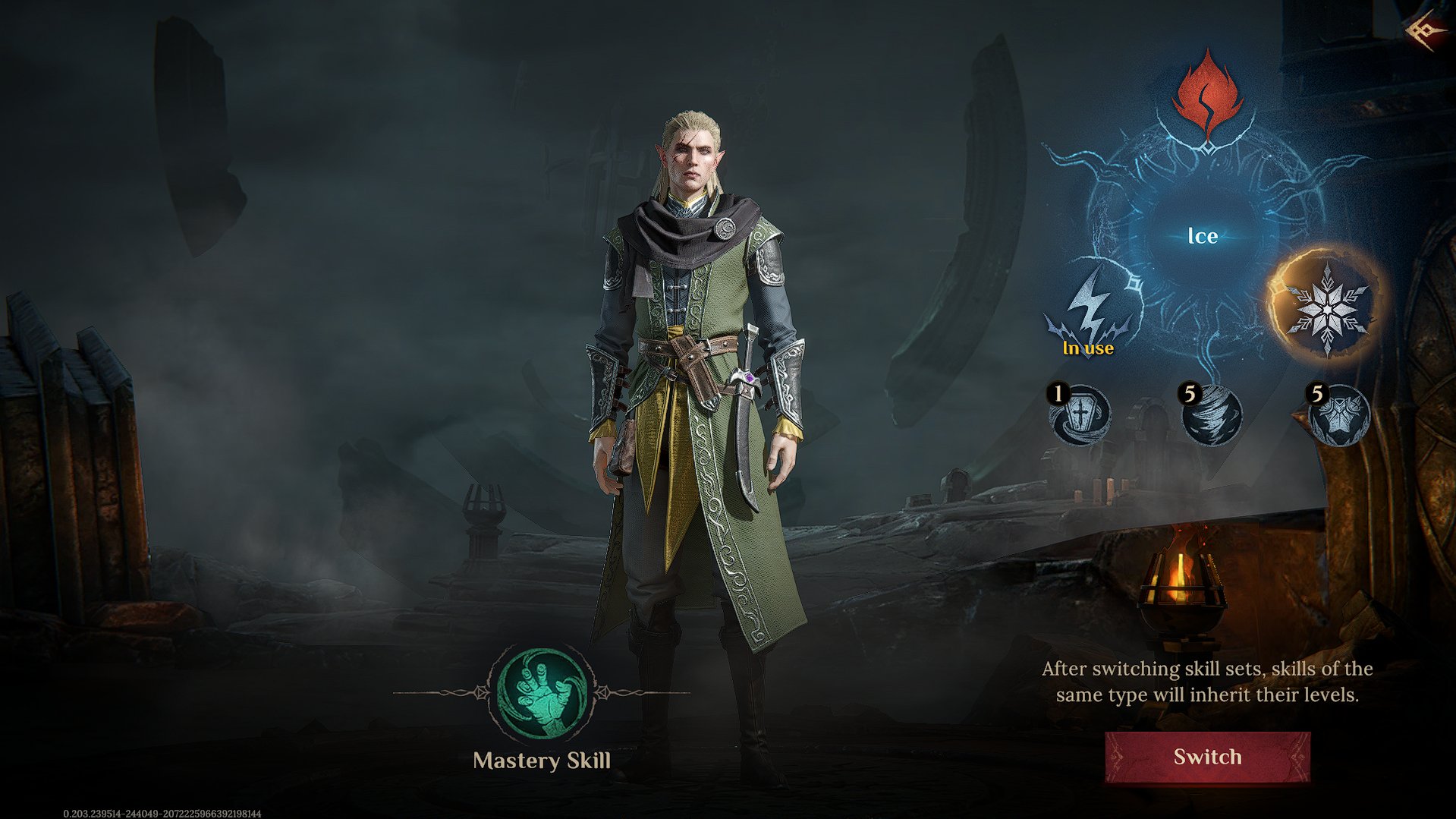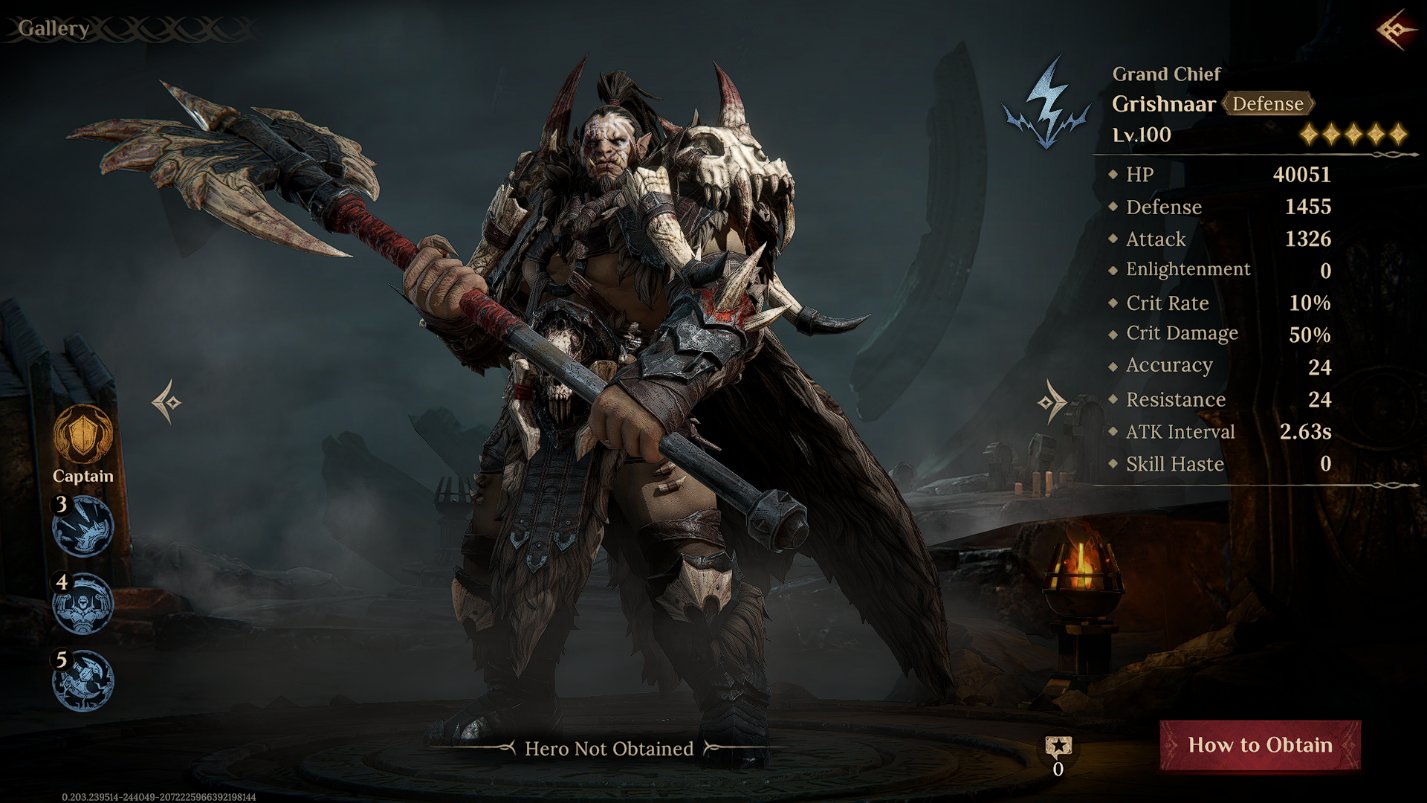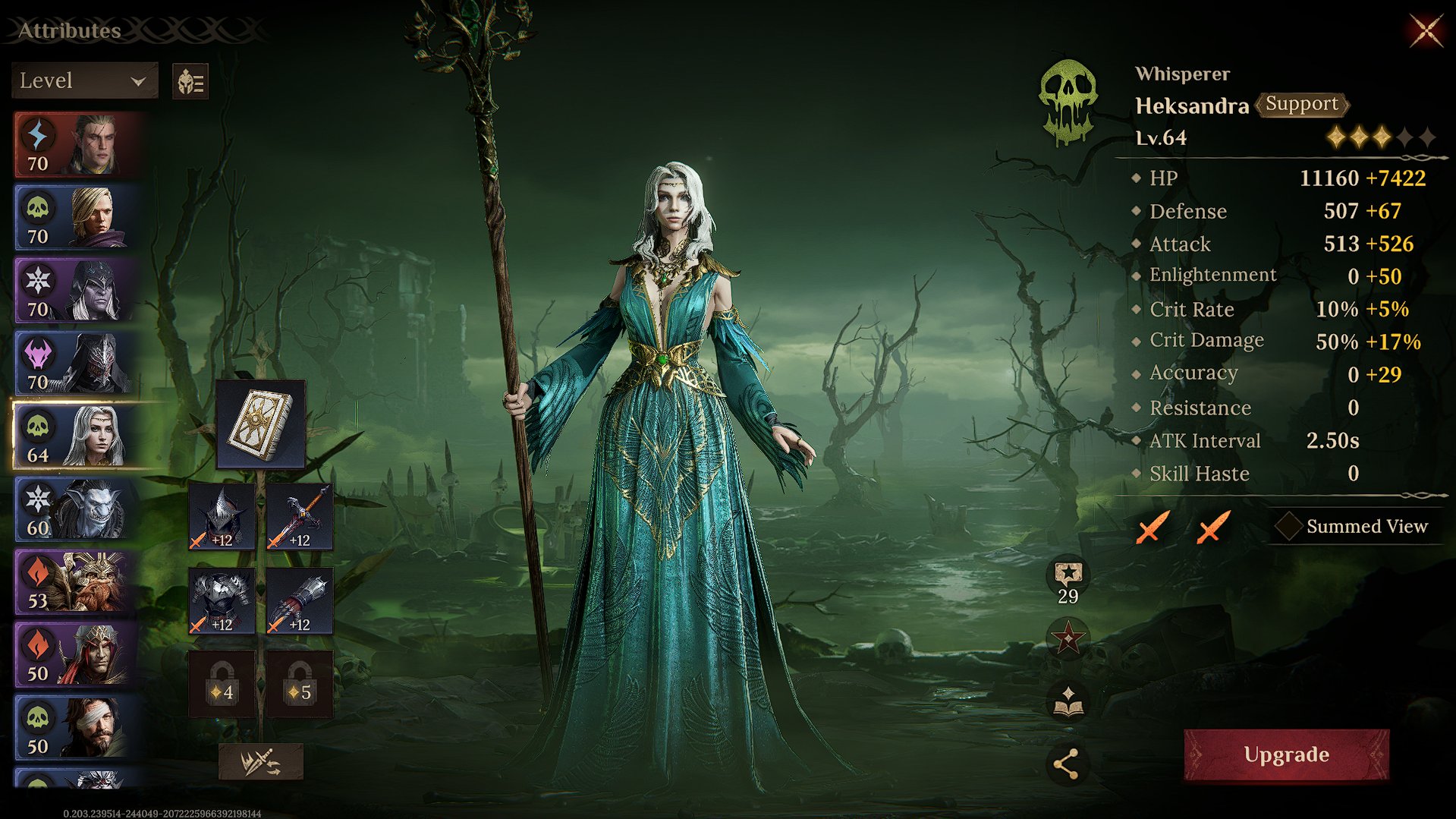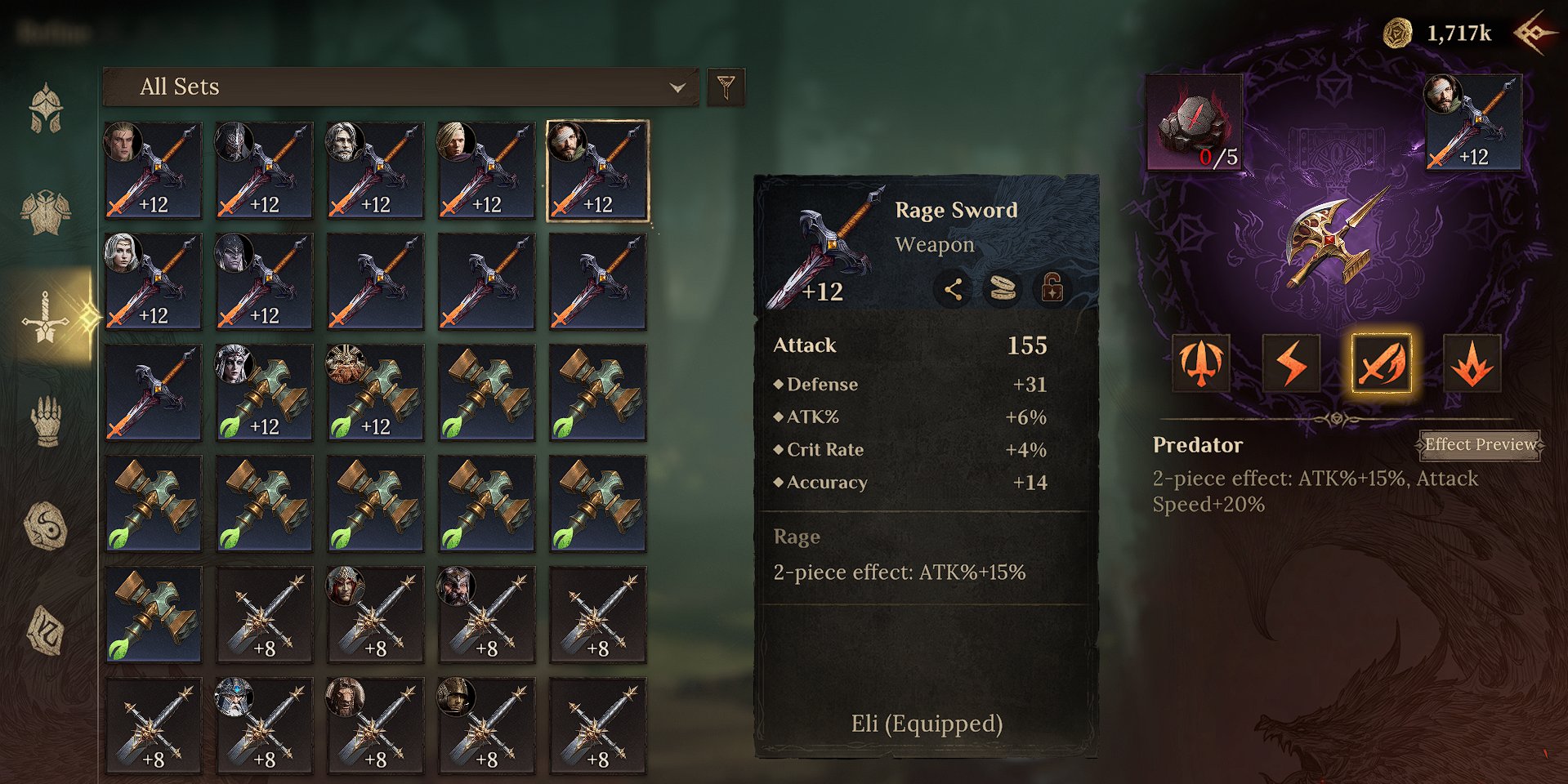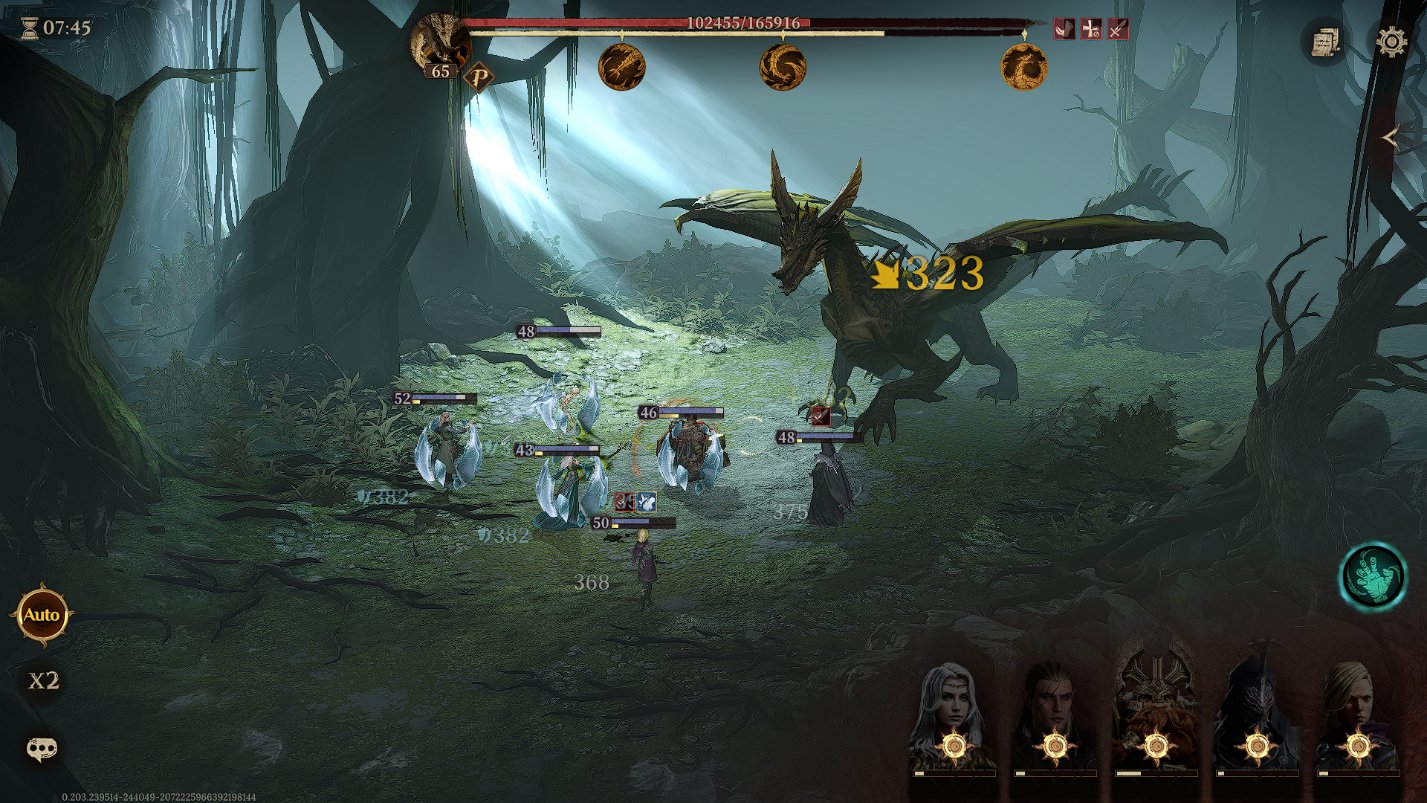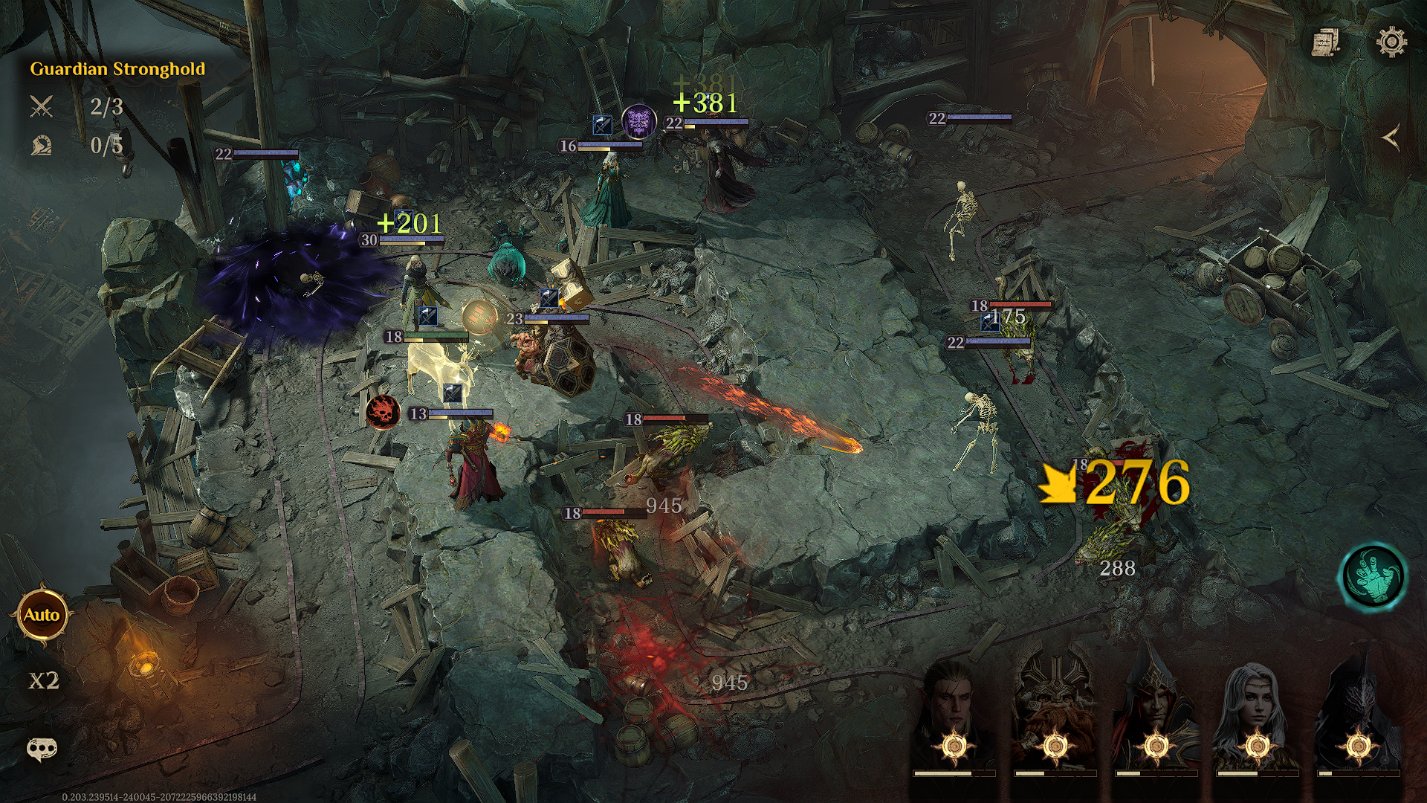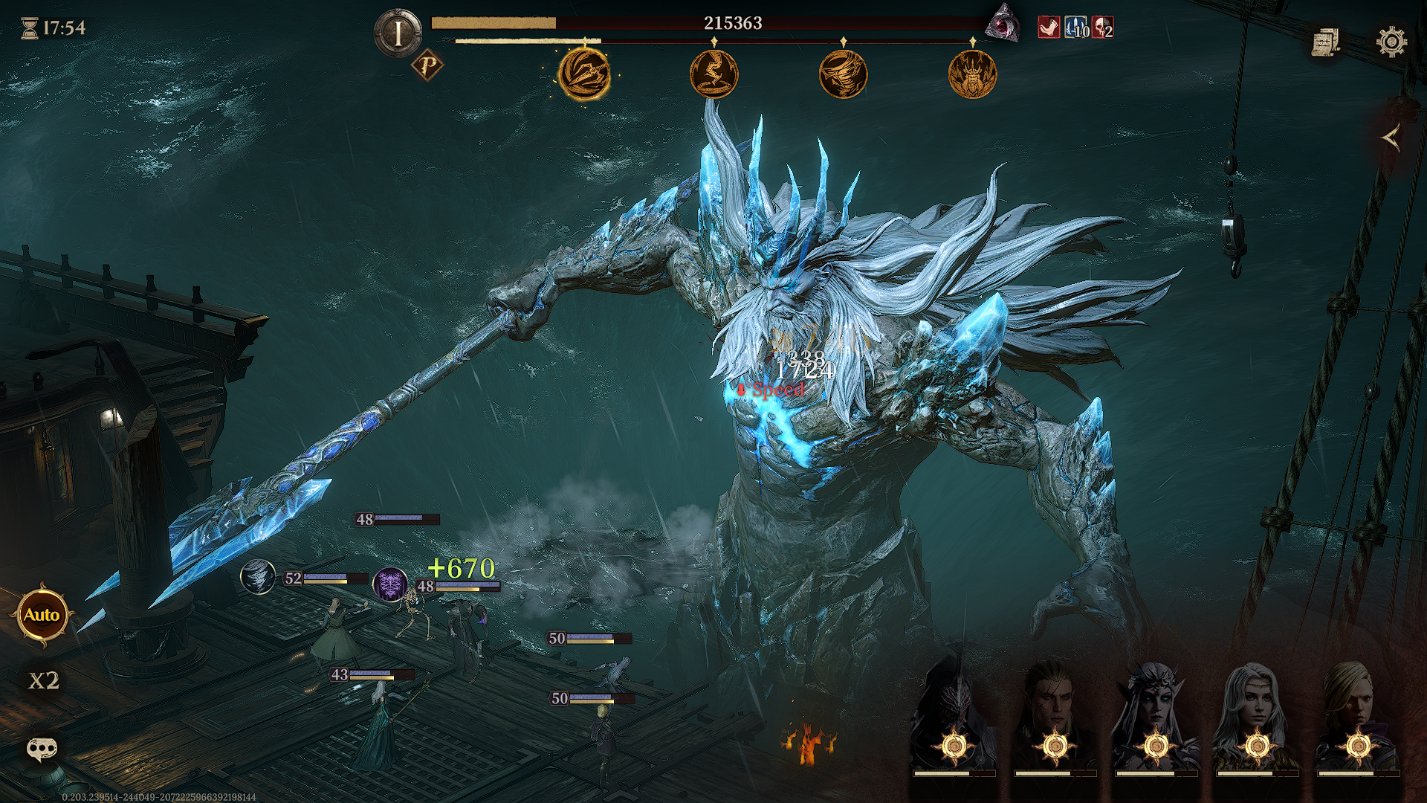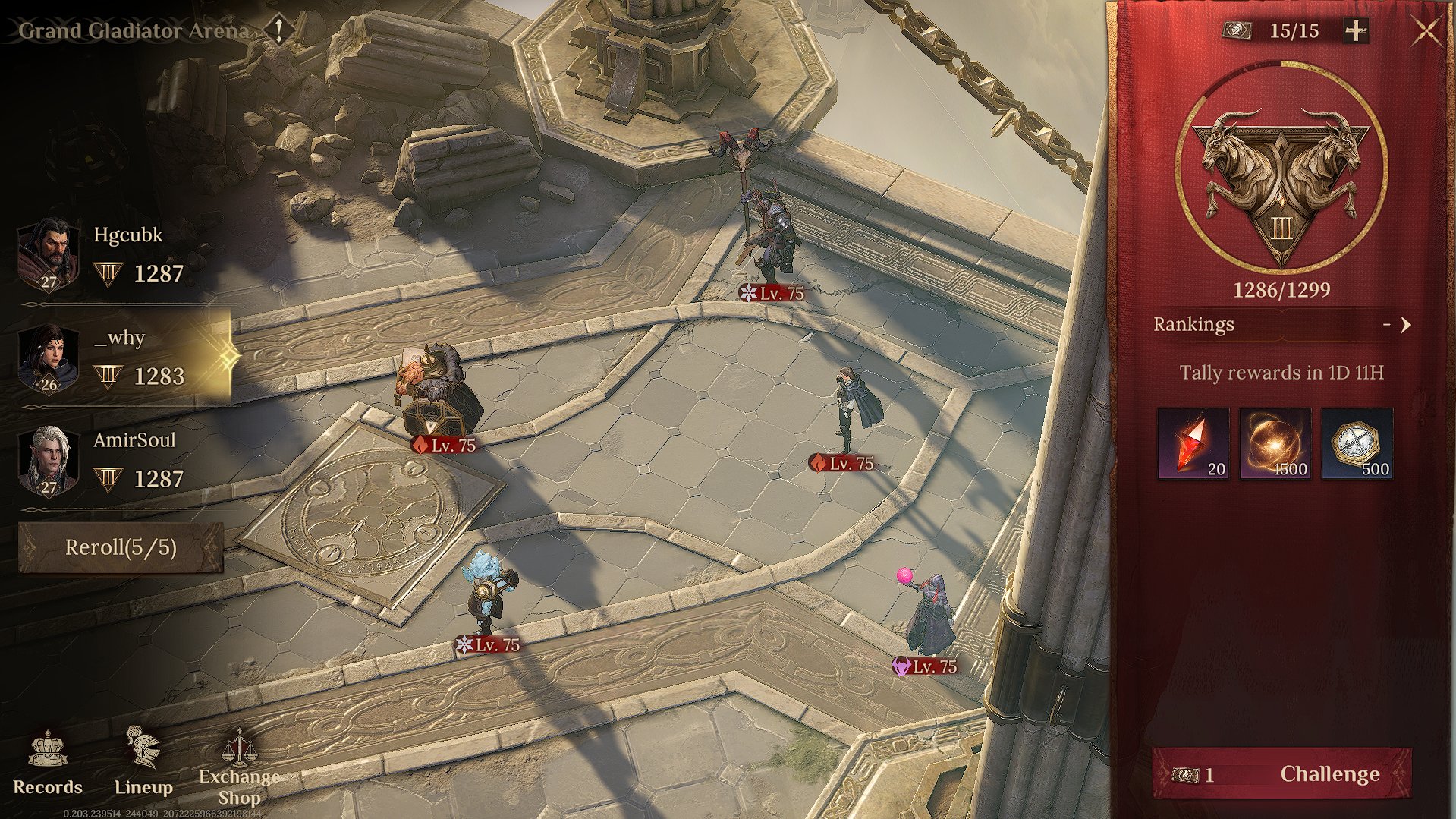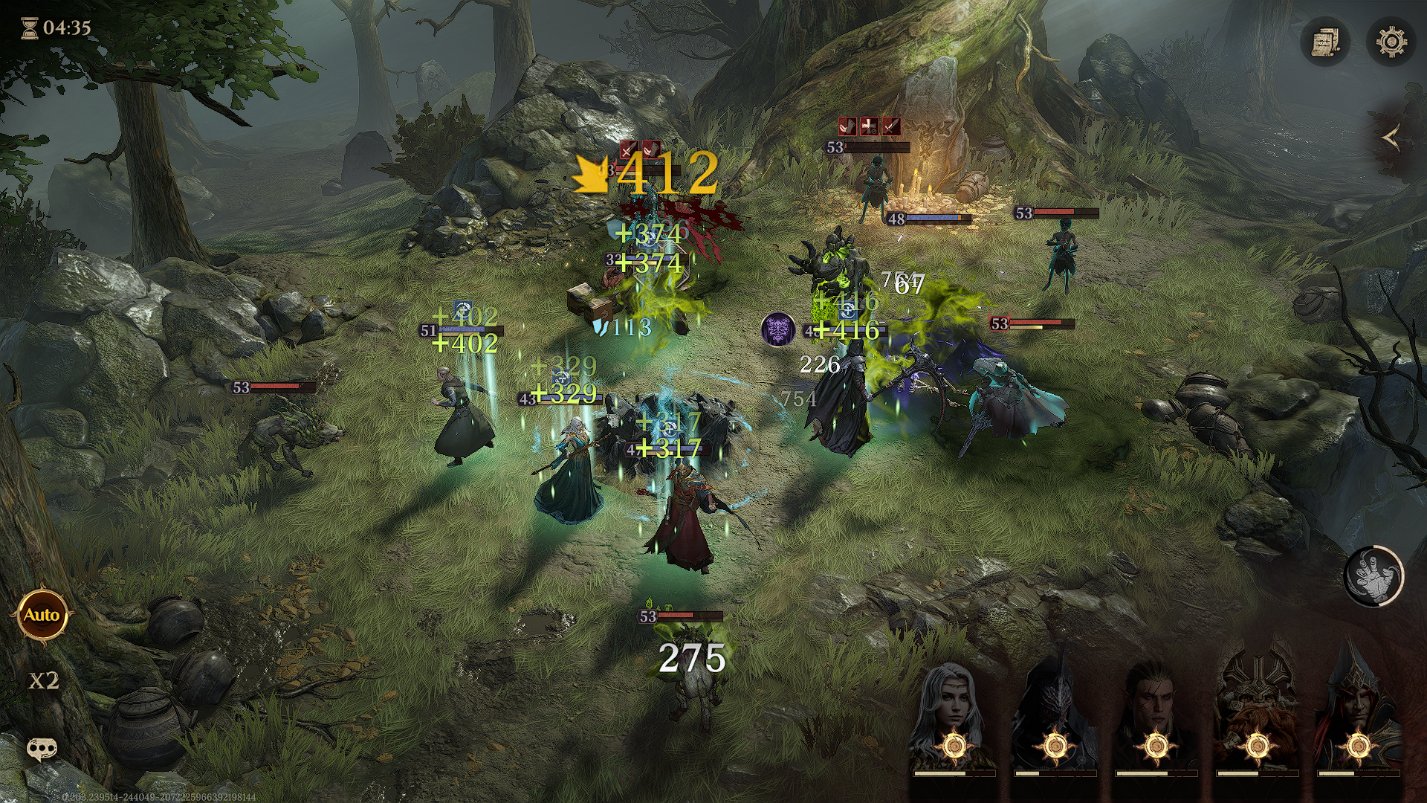Table of Contents HIDE
The cross-platform free-to-play RPG Dragonheir: Silent Gods was launched on September 19, 2023, for Android, iOS, and Windows (Epic Games). Later, on October 27, 2023, the game was added to Steam, where I downloaded it to my computer, played for over 30 hours, and am now ready to share my impressions. This review is for players who are interested in trying Dragonheir: Silent Gods but still have reservations. Its goal is to cover all key aspects of the game and highlight its differences from other similar titles.
Dragonheir: Silent Gods is developed by SGRA Studio, about which little is known. I couldn’t find any information about them on their official website or through a search. Based on this, I conclude that it is a young studio at the beginning of its journey, and Dragonheir: Silent Gods is their first game.
Gameplay Overview
As stated on the official game website, Dragonheir: Silent Gods is directly related to the Dungeons & Dragons universe. It’s challenging for me to evaluate how well the game aligns with traditional D&D gameplay, as I’m not well-versed in that gaming universe. However, even a superficial knowledge of D&D rules is enough to notice obvious similarities.
At the start of the game, each player creates their character. There are a total of 4 heroes to choose from: Human (female), Half-Elf (male), Dwarf (male), Lizardfolk (let’s assume male as well). Changing the gender of your character in Dragonheir: Silent Gods is not possible, which is, of course, a downside.
Character customization is also quite limited. Players can adjust skin tone, hairstyle, add combat scars to the face, and change clothing. For a cross-platform free-to-play RPG primarily aimed at mobile devices, this is generally sufficient, so let’s not nitpick. The oddities start when you begin playing…
Story (7 / 10)
Dragonheir: Silent Gods offers a fairly extensive (lasting several dozen hours) narrative campaign with voiced dialogues, colorful characters, and even choices at certain stages. The game begins with a vibrant introductory cinematic that sets the story tone, and then players are smoothly immersed in the unfolding events. We almost always have the option to ask NPCs various questions to learn more. I’m almost certain that fans of story-driven games and D&D enthusiasts will appreciate this.
My question is, what about those who are not particularly interested in the story or not interested at all? You see, dialogues in Dragonheir: Silent Gods can be quite lengthy, and there is no “Skip” button at all. The only thing a player can do is skip the current part of the dialogue by clicking on the text window. When there are many such parts, and you don’t really want to read/listen to them, it starts to become tedious.
Anticipating possible objections from the reader, I’ll note that I’m not against stories in games. I’m against forcing this story on those who don’t want it. After all, the story in a free-to-play game is never its key content but serves as a traditional wrapper for the main gameplay. Because of this, I still don’t quite understand why modern developers continue to “knead the clay,” making players engage in something they don’t want to do instead of giving them freedom of choice in this regard.
Combat System (7 / 10)
The combat system is the “heart” of collectible RPGs like Dragonheir, as battles occupy the majority of a player’s time. I am familiar with similar RPG games (RAID: Shadow Legends, Magnum Quest, Watcher of Realms, among others), so I can objectively assess the combat system in Dragonheir: it’s relatively good and offers more freedom of action than many contemporary counterparts.
Up to 5 player heroes participate in battles, with one of them likely being the starting character. The battle takes place in an area divided into cells (usually 8×5), where each cell can accommodate one of the heroes. After the start, the heroes automatically engage with enemies, using their basic and combat attacks. The right to use the Ultimate Skills of the heroes remains with the player.
What makes this combat system interesting?
- The positioning of heroes significantly affects the outcome of the battle, both in PvE battles and in “PvP” (if it can be called that) on the Arena. For example, you can make two of your best range damage dealers attack a single enemy melee tank, creating focus while dealing damage.
- “Speed” as a parameter is entirely absent, and battles take place in real-time.
- Special objects are also placed on cells in narrative PvE battles, significantly influencing the outcome, such as passively regenerating the health of ANY heroes in the area.
Unlike the turn-based combat system in RAID: Shadow Legends, the combat system in Dragonheir is more player-friendly. In simple terms, without certain heroes with strictly defined skills, you won’t be able to pass a specific Fire Knight in RAID. In Dragonheir, even playing only with rare heroes, you won’t feel disadvantaged in PvE. At least, in the mid-game.
Each hero has Passive, Battle, and Ultimate Skills with predetermined damage coefficients (a big plus). Some heroes also have an aura that affects allies under certain conditions.
Moreover, you can even change the skill set of your main character, freely switching between affinities: Fire (damage), Lightning (control), Ice (support). This aspect of the game looks better than in many similar games I’m familiar with.
Hero Collection (8 / 10)
In Dragonheir: Silent Gods, you cannot have and use duplicate heroes, which is undoubtedly a significant plus. If a player obtains a duplicate hero through any means, the duplicate disappears, and the player receives compensation in the form of resources for purchasing and refining artifacts. The game boasts over 200 heroes, and you can view them all in the “Gallery” section of the main menu.
Heroes come in various rarities (Legendary, Epic, Rare, Common) and affinities. Obtaining legendary heroes is quite challenging, with a mere 3% chance when using Heliolite Dice. However, the game includes a compensation system for failures, guaranteeing a legendary hero on the 35th attempt.
Hero Development System (7 / 10)
Regarding character and equipment development, the game appears less rich and offers less variability than its counterparts. Each hero has 5 levels (stars) of development. Initially, a hero can only wear a helmet, weapon, armor, and gloves (which do not affect appearance). After reaching the hero’s 3rd star, you can equip them with an Artifact, and at stars 4 and 5, with Positive and Negative runes, respectively.
The genuinely positive aspect of this system is the uniqueness of artifacts, each of which a player can buy only in a single copy. Otherwise, character development lacks diversity. Unlike in RAID: Shadow Legends, where there are dozens of different armor sets with various bonuses, Dragonheir: Silent Gods has fewer options. Moreover, equipment items do not have “stars” (only rarity), and they can only be developed by upgrading from +0 to +20. Whether this is a plus or a minus is more for the reader to decide than for me.
Another positive aspect is that in Dragonheir: Silent Gods, we can improve the quality of equipment items. For example, if you have a good rare sword with favorable additional parameters, you can eventually turn this sword from rare to epic, and then (apparently) to legendary. This is a good mechanic, and I wholeheartedly approve of it.
Game Modes (6 / 10)
Unfortunately, in terms of game modes, developers haven’t come up with anything better than just copying from others. The game features various dungeons and challenges, but battles always follow the same scenario: several waves of mobs or several waves of mobs + a boss.
I was particularly surprised by the inclusion of a Tower Defense mode, which, in my opinion, is unnecessary. You can play it by finding special “towers” on the map and attacking them. I didn’t like the implementation of this mode because the mobs run too fast and are too strong from the very first wave.
Initially, your main gameplay will revolve around completing the narrative campaign and various tasks, including daily ones. After that, you can “enjoy” the main content of the game, which consists of daily runs through the same rather dull dungeons and battles with various bosses.
The essence of the game is to form efficient teams and develop your heroes for further participation in pseudo-PvP on the Arena.
I say “pseudo” because, in fact, the battle traditionally takes place without the participation of the opponent player. You simply choose an opponent from the list and attack their pre-prepared team. It’s quite dull and far from innovative. The mode could have been revitalized by adding the “Live Arena” mechanic from RAID: Shadow Legends, allowing for online battles with live players in real-time, but there are currently no signs of that.
Graphics (6 / 10)
Graphically, Dragonheir: Silent Gods looks decent. The game has a large global map with various landscapes and many beautiful heroes. However, it all looks a bit “gloomy” and melancholic.
As someone who played RAID: Shadow Legends for several years, I honestly miss the bright colors in this game. Of course, I’m not aware of the preferences of the esteemed reader…
Is It Worth Playing Dragonheir: Silent Gods?
I think the game is worth giving a chance due to its reasonably adequate combat system and extensive narrative campaign (if it interests you, of course). From the positive aspects, I can note that the game does not require much time, and daily activities are completed relatively quickly. I also liked the ability to prepare various food and use it in battle to strengthen heroes, which is quite unusual for games of this genre.
Otherwise, Dragonheir: Silent Gods lacks anything extraordinary that could elevate it from the “regular” to “outstanding” rank. It’s just another decent game aimed at mobile devices, where you’ll collect heroes, create teams and builds for effective boss fights, and, of course, increase your ranking on the Arena. Is all of this worth your time? I think, guys, only you can answer that question for yourselves.
